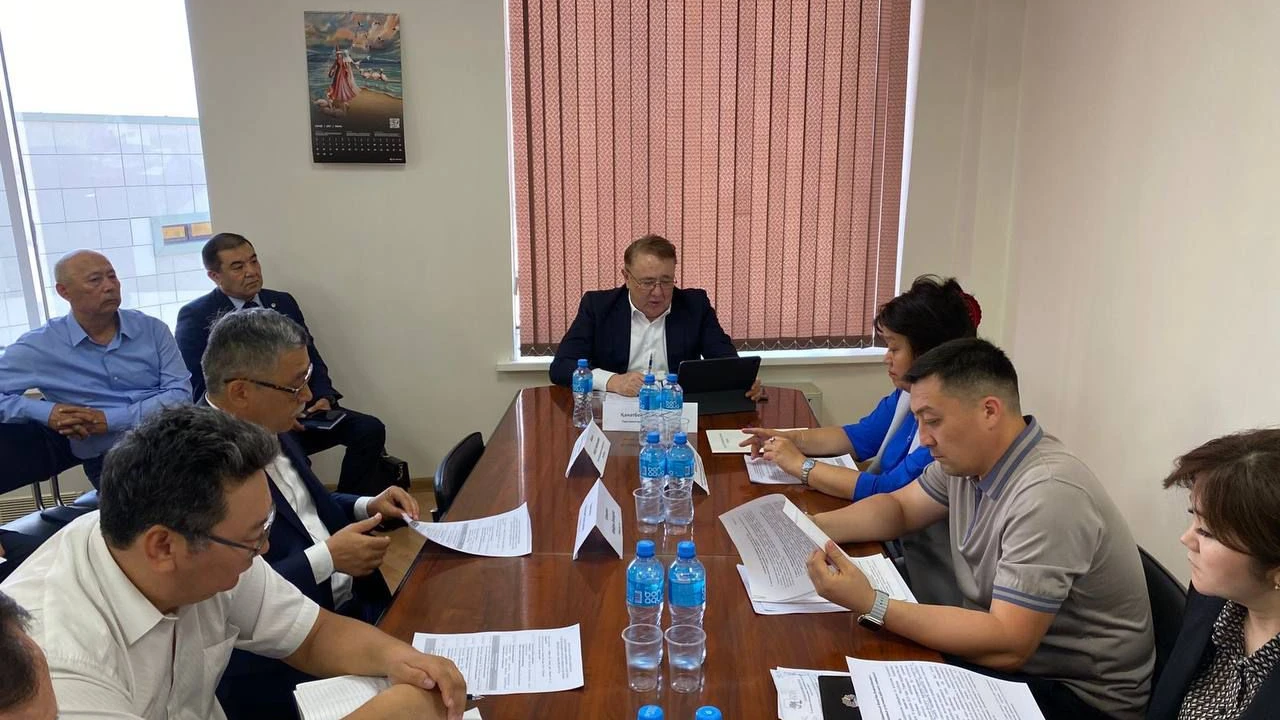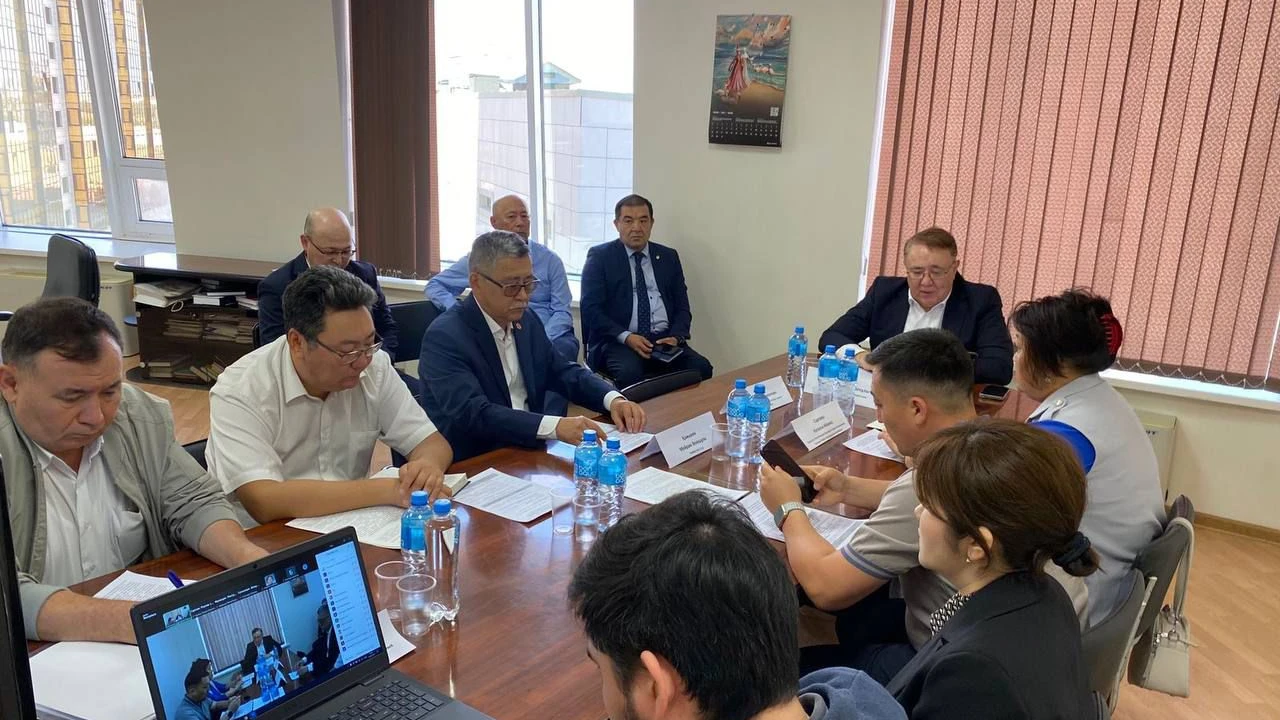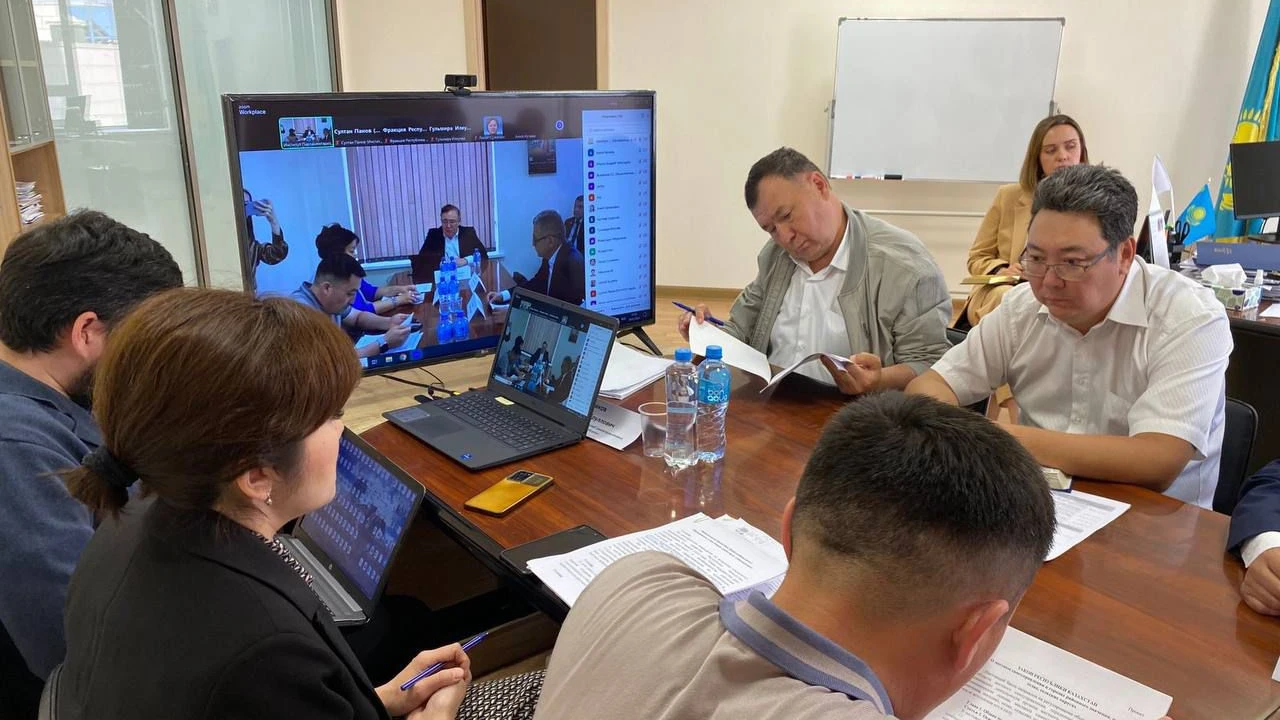


A working meeting was held at the Institute of Parliamentarism, chaired by the director, Doctor of Law Kanatbek Beisenbekovich Safinov, at which the draft law "On Local Self-government in cities of regional significance, towns, villages and rural districts" was discussed.
The event was attended by representatives of government agencies, experts in the field of local self-government, including the Foundation for the Development of Parliamentarism in Kazakhstan, the Institute for the Development of Local Self-Government, the Center for Topical Studies Alternative and others.
The Institute of Parliamentarism has developed a draft law aimed at regulating public relations in the field of local government. The law defines the legal status and organization of the activities of local governments, as well as the financial and economic foundations of their work in cities of regional significance, towns, villages and rural districts. The validity period of the law will be three years after its entry into force.
At the meeting, Kanatbek Safinov, Director of the Institute of Parliamentarism, stressed that local self-government allows taking into account the needs and interests of the population, contributing to the sustainable development of territories. According to him, the bill under discussion is aimed at improving the legal mechanisms for citizens' participation in solving local issues and strengthening the role of local communities.
The participants of the meeting shared their expert opinions and recommendations, focusing on the need to reform and strengthen local self-government. They stressed that in order to increase autonomy, responsibility and involvement at the local level, a transition to a more flexible, adaptive and efficient system is required. Such a system will contribute to the sustainable development of the regions and strengthen democratic processes in the country.
Following the results of the working meeting, it was decided to continue a detailed study of this topic and discuss the provisions of the draft Law with government agencies.



